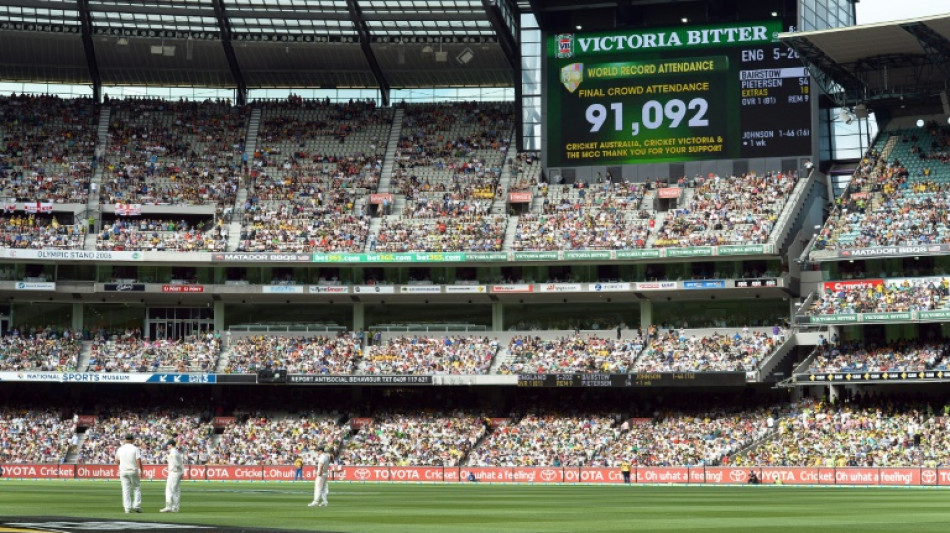
-
 Gstaad gives O'Brien record 21st Breeders' Cup win
Gstaad gives O'Brien record 21st Breeders' Cup win
-
After the tears, anger on Rio's blood-stained streets
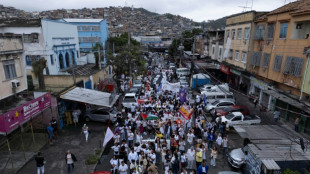
-
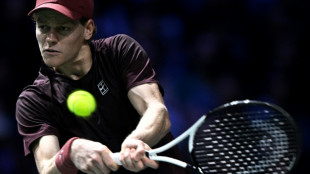 Sinner boosts number one bid in Paris, to face Zverev in semis
Sinner boosts number one bid in Paris, to face Zverev in semis
-
Springer back in Toronto lineup as Blue Jays try to close out Dodgers

-
 Nationals make Butera MLB's youngest manager since 1972
Nationals make Butera MLB's youngest manager since 1972
-
Guirassy lifts Dortmund past Augsburg ahead of Man City clash

-
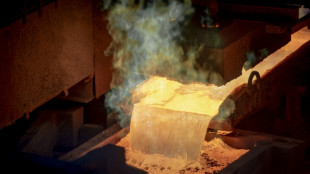 G7 says it's 'serious' about confronting China's critical mineral dominance
G7 says it's 'serious' about confronting China's critical mineral dominance
-
NFL fines Ravens $100,000 over Jackson injury status report
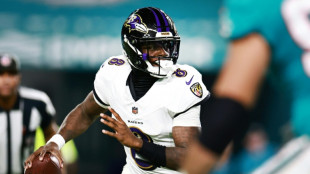
-
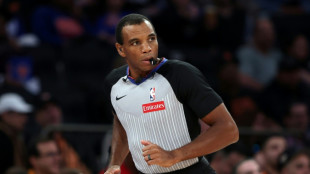 NBA refs to start using headsets on Saturday
NBA refs to start using headsets on Saturday
-
Trump says Christians in Nigeria face 'existential threat'
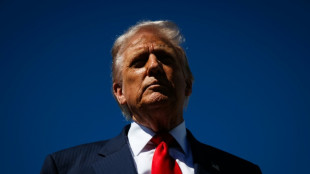
-
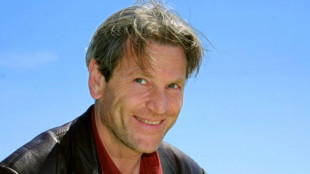 French-Turkish actor Tcheky Karyo dies at 72
French-Turkish actor Tcheky Karyo dies at 72
-
Food stamps, the bulwark against hunger for over 40 mn Americans
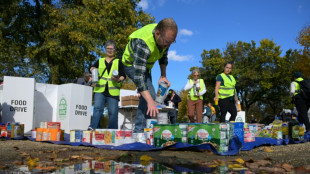
-
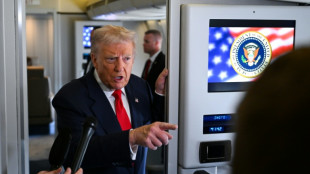 Trump keeps world guessing with shock nuclear test order
Trump keeps world guessing with shock nuclear test order
-
Wall Street stocks rebound on Amazon, Apple earnings

-
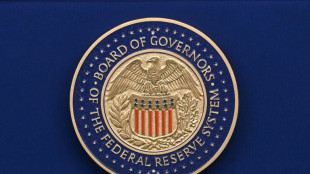 US Fed official backed rate pause because inflation 'too high'
US Fed official backed rate pause because inflation 'too high'
-
Prayers and anthems: welcome to the Trump-era Kennedy Center
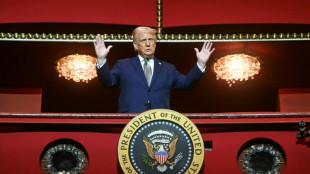
-
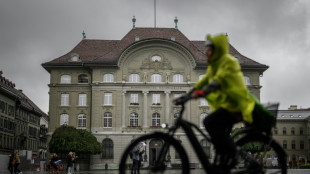 Swiss central bank profits boosted by gold price surge
Swiss central bank profits boosted by gold price surge
-
Sinner beats Shelton to boost number one bid in Paris
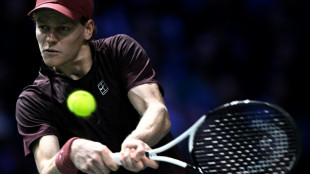
-
 French court jails Bulgarians for up to four years for Holocaust memorial defacement
French court jails Bulgarians for up to four years for Holocaust memorial defacement
-
Profits dip at ExxonMobil, Chevron on lower crude prices
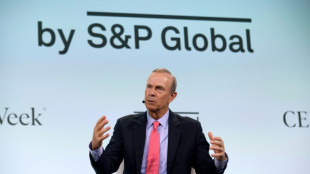
-
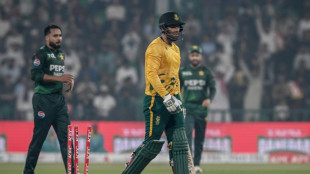 Ashraf and Mirza skittle South Africa as Pakistan win 2nd T20
Ashraf and Mirza skittle South Africa as Pakistan win 2nd T20
-
2,000 trucks stuck in Belarus after Lithuania closes border: association
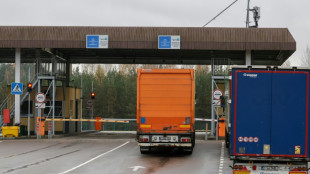
-
 French lawmakers reject wealth tax proposal in budget debate
French lawmakers reject wealth tax proposal in budget debate
-
Premier League blames European expansion for lack of Boxing Day games

-
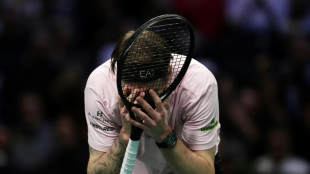 Bublik sets up Auger-Aliassime semi-final at Paris Masters
Bublik sets up Auger-Aliassime semi-final at Paris Masters
-
World's most expensive coffee goes on sale in Dubai at $1,000 a cup
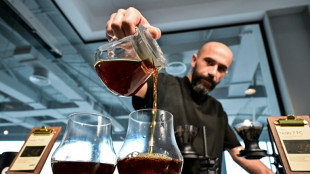
-
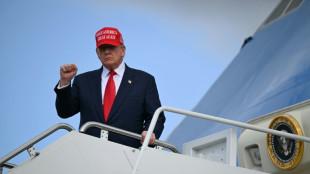 Trump stirs global tensions, confusion with nuclear test order
Trump stirs global tensions, confusion with nuclear test order
-
Panic across US as health insurance costs set to surge

-
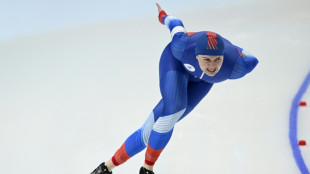 Court eases ban on Russian lugers but Olympic hopes on thin ice
Court eases ban on Russian lugers but Olympic hopes on thin ice
-
England captain Itoje targets Autumn Nations clean sweep
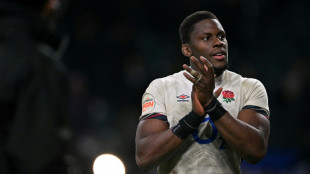
-
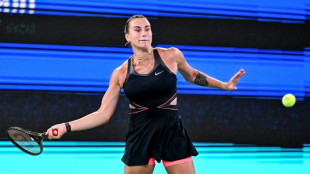 Calmer Sabalenka sets sights on WTA Finals crown
Calmer Sabalenka sets sights on WTA Finals crown
-
Spurs boosted by Romero return for Chelsea clash
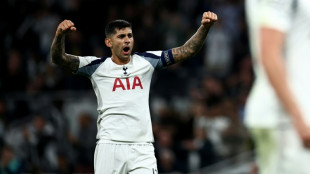
-
 Sudan's RSF claims arrests as UN warns of 'horrendous' atrocities in Darfur
Sudan's RSF claims arrests as UN warns of 'horrendous' atrocities in Darfur
-
US says 'non-market' tactics needed to counter China's rare earth dominance
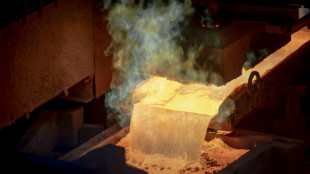
-
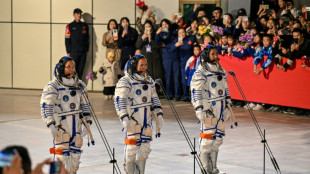 China sends youngest astronaut, mice to space station
China sends youngest astronaut, mice to space station
-
From adored prince to outcast, Andrew's years-long fall from grace
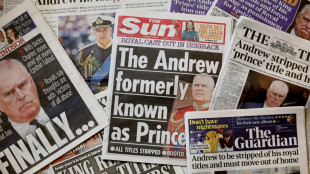
-
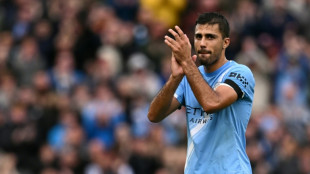 Rodri return fuels Guardiola belief in Man City title challenge
Rodri return fuels Guardiola belief in Man City title challenge
-
China holds send-off ceremony for space station astronauts
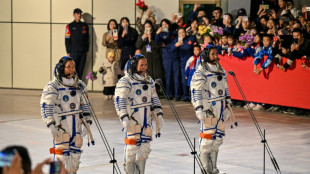
-
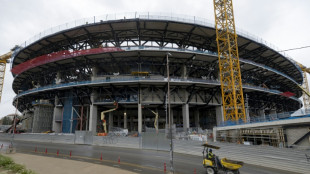 Barcelona to show off unfinished Camp Nou with public training session
Barcelona to show off unfinished Camp Nou with public training session
-
Turkish court jails 11 for life over deadly hotel inferno
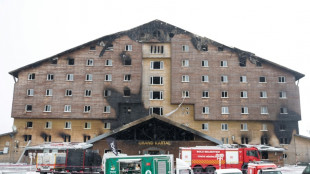
-
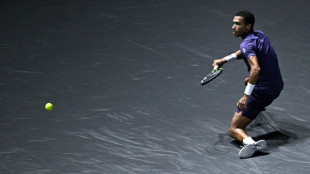 Auger-Aliassime ends Vacherot run to reach Paris Masters semis
Auger-Aliassime ends Vacherot run to reach Paris Masters semis
-
Australia captain Wilson denies Wallabies use 'dangerous' breakdown tactics
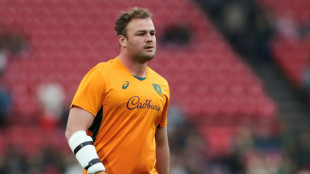
-
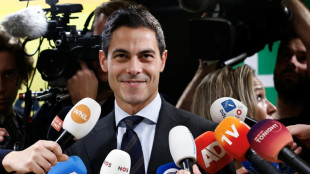 'Populists can be beaten': Dutch centrist Jetten claims election win
'Populists can be beaten': Dutch centrist Jetten claims election win
-
China's suspension of rare earth controls applies to EU: official
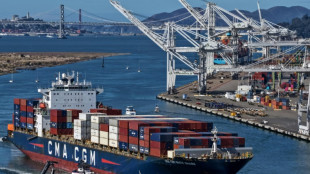
-
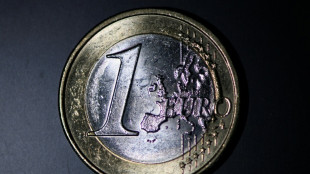 Italy complains about strong euro, urges ECB to cut rates
Italy complains about strong euro, urges ECB to cut rates
-
Louvre to get anti-ramming barriers by year end: minister
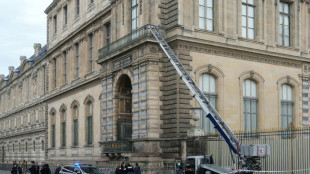
-
 Wall Street bounces on Amazon, Apple earnings
Wall Street bounces on Amazon, Apple earnings
-
AI giants turn to massive debt to finance tech race

-
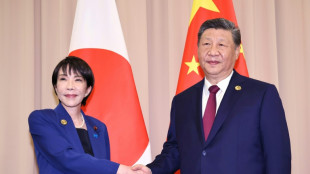 Japan PM says raised 'serious concerns' with Xi on South China Sea, Xinjiang
Japan PM says raised 'serious concerns' with Xi on South China Sea, Xinjiang
-
Shein set to open first physical store in Paris


Australia primed for 'unparalleled' decade of major sporting events
Australia will over the next decade host a bumper schedule of major international sporting events as part of a long-term plan to boost tourism, health and the economy while also enhancing its global image.
The country's welcoming climate, sports-loving people, stable political environment and quality infrastructure have long made it an attractive destination.
But the sheer volume of big sporting events heading to Australia is unprecedented for the nation of 26 million people.
Australian Olympic Committee chief Matt Carroll calls it the green and gold -- the nation's sporting colours -- "runway" culminating in the Brisbane Olympics in 2032.
"More than 30 major global sporting events are coming to Australia across the next 10 years," he said.
In addition to the annual Australian Open tennis and Formula One, the country will host cricket's men's Twenty20 World Cup, Women's Basketball World Cup and the UCI road cycling world championships this year.
It will then jointly hold football's Women's World Cup with New Zealand in 2023, a British and Irish Lions rugby tour in 2025, Commonwealth Games in 2026, Netball World Cup in 2027 and Presidents Cup golf a year later.
An expected announcement next month that it will also stage back-to-back men's and women's Rugby World Cups in 2027 and 2029 will further cement Australia's status as a sporting powerhouse.
"Sport brings health, educational and wellbeing benefits to the community and can play a pivotal role in getting Australians active, reducing obesity and other health-related problems including mental illness," said Carroll.
- 'Feel-good factors' -
Bidding for big events is part of Sport 2030, a government roadmap established in 2018 that recognises the broader economic and social implications of sport, which is already deeply embedded in Australia's culture and identity.
But hosting a huge competition such as the Olympics comes with a financial price tag.
"The return on investment is a complex issue," Popi Sotiriadou, an associate professor of sport management at Queensland's Griffith University, told AFP.
"There are things that we can't measure -- you can't put a money value on national pride. There are so many of what we call 'public goods' that do not necessarily translate to dollars.
"There are legacies in terms of feel-good factors, people feel that connectedness with each other.
"And with any big sporting events we have that trickle-down effect, that inspirational effect of elite athletes' success, the promotion of community, the boost to tourism, we have trade benefits, employment benefits, infrastructure benefits, better public facilities."
Sports Minister Richard Colbeck called the coming blitz of events "unparalleled in our history" as Australia seeks to "grow our reputation as the pre-eminent sporting host nation in the world".
According to government data, 14 million Australians participate in sport every year, millions attend live games and the sector generates about three percent of gross domestic product.
It is big business, delivering Aus$83 billion (US$61 billion) of combined economic, health and educational benefits annually, with a return on investment of Aus$7 for every dollar spent, Sport 2030 says.
- Experienced host -
Australia has long been praised for its ability to host big-ticket showpieces, stemming from the 2000 Sydney Olympics, which were widely seen as setting a benchmark.
Then-International Olympic Committee president Juan Antonio Samaranch famously declared them "the best ever" -- and not only from an operations perspective but everything from venue design and construction to management and marketing.
More than 20 years later, those skills have been honed even further.
Rugby Australia chief executive Andy Marinos, who is involved in the Rugby World Cup bid, said it made a big difference having strong government and public support.
"That's one of the benefits of operating in a country like Australia," he told SportsPro magazine. "Because there's such familiarity with having to host and engage on major events.
"The states and certainly the federal government are quite well versed in it so they understand that once you put a very compelling economic impact assessment in front of them, the decision-making process is relatively straightforward."
H.Seidel--BTB



